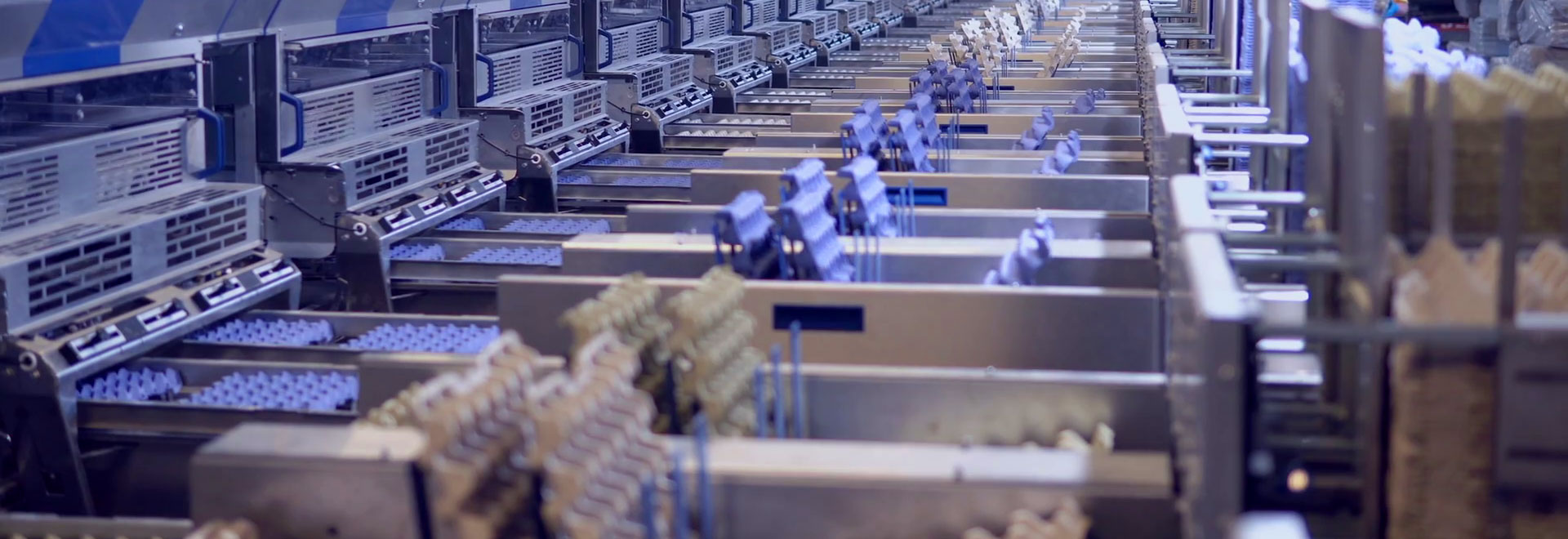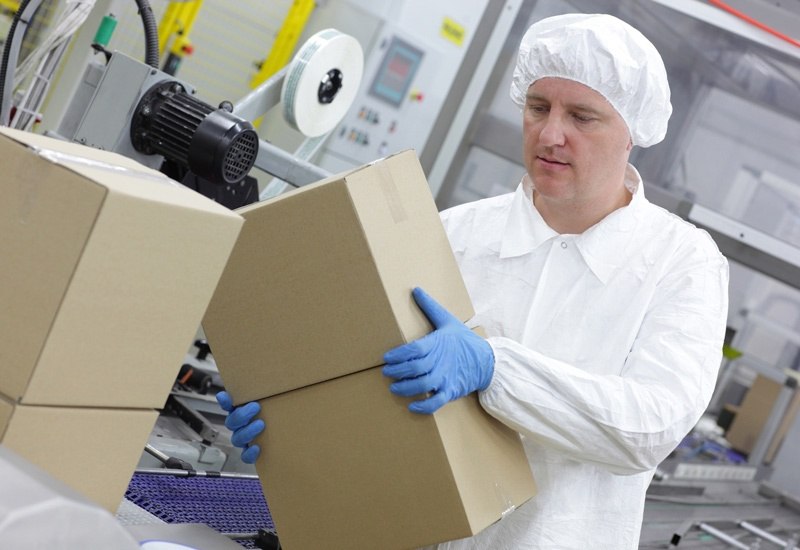

ISTA Procedure 7D package test is standard for temperature testing of transport packages. These package testing standards cover the thermal performance tests of packaged products to evaluate the effects of exposure to outside temperatures.

ISTA 7D transport tests can be used to develop temperature-controlled transport packages made of any material. It is designed to measure the relative ability of a package to protect a product when exposed to test cycles of temperature conditions.
It is important to note that the temperature test cycles in this test standard are general simulations. This standard does not represent exposure to the worst case temperature. If the required tests are for specific government, industry, laboratory or validation conditions, these requirements replace ISTA 7D.
A sample unit is required for the test. However, it is important that the samples are actual untested packaging and products. If substitutions are needed, they should be as identical as possible. Identical content should be measured in terms of composition, thermal mass and consistency.
An ISTA 7D test program starts with preconditioning. This preconditioning includes storing the test sample at the required storage temperature for a minimum of 24 hours. After the preconditioning is completed, the temperature test can begin.
Different temperature profiles are assigned to different product types. Some examples include 24-hour domestic small packet express cargo transportation and 72-hour international fast air transportation. Each temperature profile has two sub profiles. One for the winter is called cold transport. The other one is called hot shipping.
For most temperature profiles, there are four or five temperature cycles, ranging from two hours to 56 hours per cycle. Each cycle has a specific constant temperature target that must be maintained throughout the cycle. Most cold temperature cycles typically range from 14 degrees Fahrenheit to 65 degrees Fahrenheit. Most hot temperature cycles range from 72 degrees Fahrenheit to 95 Fahrenheit. During the 72-hour international accelerated air cargo transportation profile, there is some crossing in the ages.
In addition to the steady-state temperature test, there are ramp profiles that simulate harsh temperature fluctuations in shorter times. Profiles can range from four degrees Fahrenheit to 65 degrees Fahrenheit on the cold side and 72 degrees Fahrenheit to 113 degrees Fahrenheit on the hot side. During these ramp profiles, the typical transition time allowed from one temperature to another is two hours.
EUROLAB is an ISTA certified test laboratory with substantial experience in the ISTA 7D pass test. We have quite a sufficient number of temperature and humidity chambers, from large built-in rooms to small accessible rooms. This room fleet allows us to have short lead times in planning. It also allows us to price favorably, as we will always use the right size container for your products.
To get an appointment, to get more detailed information or to request an evaluation, you can ask us to fill in our form and reach you.